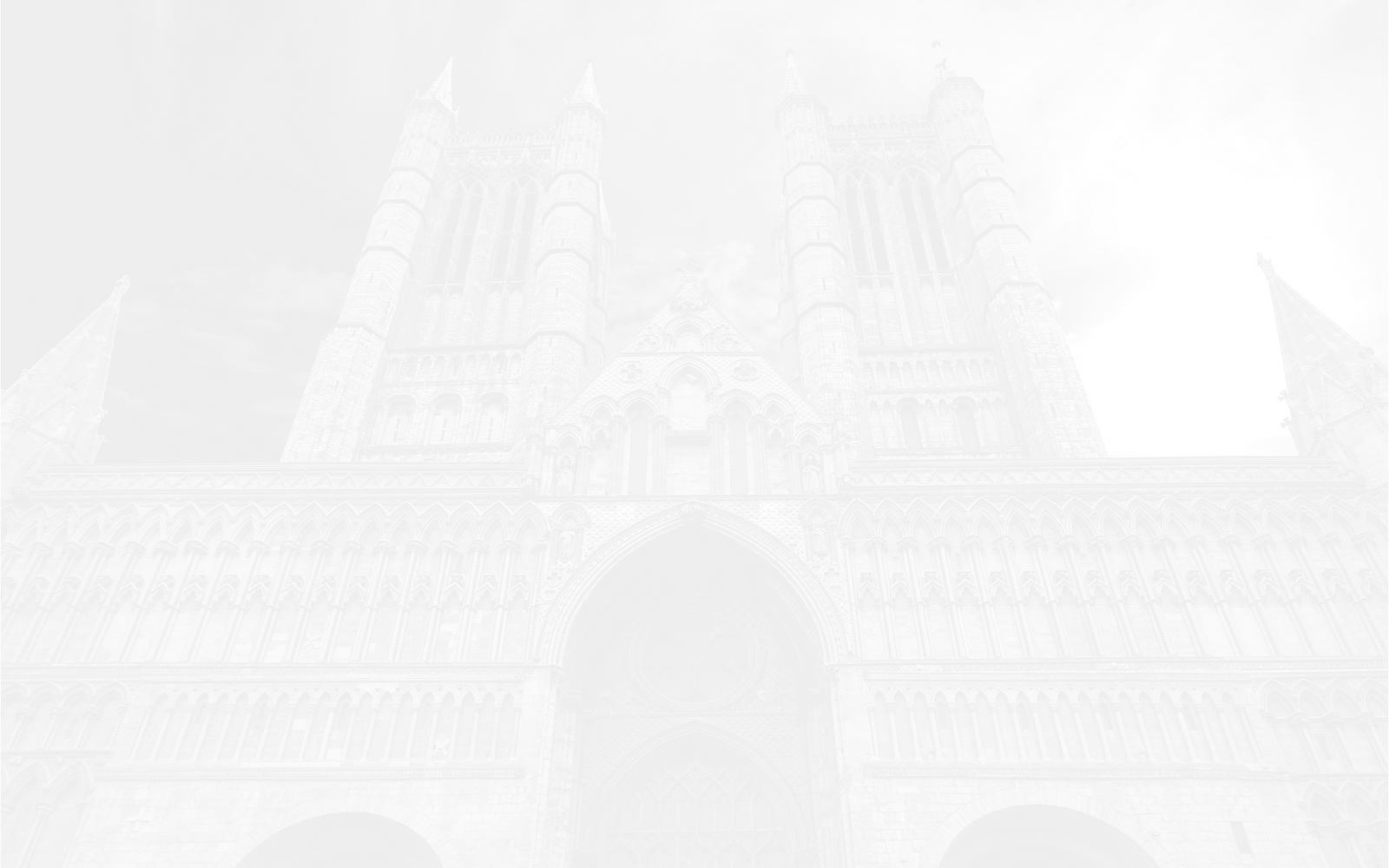by Josiah DeGraaf | Jan 19, 2024 | News
Today, I’m excited to have a flash fiction piece I wrote published by Havok Publishing.
Jadoni is a grumpy teacher preparing for a first day of school with a lazy group of students.
Will she be able to motivate them to work harder this year?
Or will she be resigned to spending a whole year with an apathetic group of pupils?
by Josiah DeGraaf | Dec 31, 2023 | Annual Top Ten
2023 was a happy year for me as I ended it out with 90 books read–which is the most I’ve ever accomplished since college. (That one college year where I somehow managed to read 150+ books is probably going to keep the gold for a long time!)
Most years I find myself reading an eclectic blend of fiction, while gravitating to a theme in many of the nonfiction books I read. This year with my nonfiction reads, I continued the journey I began last year of contemplating suffering. But I actually had a fiction theme too, as I worked my way through a number of dark academia novels as research for the novel I currently have out on submission. While only one of those made this list, there would be several others in the #11-20 spots. But without any further ado, here are my 10 favorite books I read for the first time this past year (book titles linked to my longer Goodreads reviews).
Curious Tides by Pascelle Lascelle
This was a very fun read–and the most vibey of any of my dark academia reads this year. An absolutely delightful romp with a splendid sense of atmosphere that also featured a protagonist who genuinely learned from her mistakes.
by Josiah DeGraaf | Aug 17, 2023 | Guest Posts
You’ll find no shortage of articles talking about “The Gospel According to [Insert Popular Franchise Title Here].”
New takes on classics like C. S. Lewis’s Narnia and J. R. R. Tolkien’s The Lord of the Rings make for easy pitches. But you’ll find plenty of evangelical pieces doing this with the Harry Potter series, various Marvel films, Game of Thrones, the new Barbie movie—and yes, even Twilight. Earlier this month, Rick Warren’s church made the news for their pastors cosplaying while presenting a Toy Story sermon series.
by Josiah DeGraaf | May 11, 2023 | Guest Posts
Don’t let anyone tell you otherwise: you can find real beauty in mass-market speculative fiction novels.
You can find beauty in the elegant simplicity of Patrick Ness’s prose in A Monster Calls: “Every inch of his bedroom floor was covered in short, spiky yew tree leaves.”
Beauty lingers in the poignant reflections of the autistic protagonist in Elizabeth Moon’s The Speed of Dark:
by Josiah DeGraaf | Mar 16, 2023 | Chronicles of Morshan
Today’s the day! Visions of Grandeur (and Other Stories) is finally finished.
And doesn’t it have a fantastic cover?
I love the work that my cover designer did for this short story collection.
And, of course, there are four brand new illustrations inside as well.
Here are the titles for the final two stories contained in the collection (in addition to the seven others I’d previously published):
by Josiah DeGraaf | Feb 9, 2023 | Chronicles of Morshan
Over the past several years, I’ve written a variety of short stories for my Visions of Grandeur short story collection.
I’ve occasionally added new stories to the collection.
But next month, this collection will come to a close.
On March 16th, I’ll be releasing two final stories:
by Josiah DeGraaf | Jan 19, 2023 | Guest Posts
Several moments in The Chosen season 3 have generated a lot of online buzz ever since the biblical fiction drama began releasing new episodes in late 2022.
In season 3, episode 2, Jesus (played by Jonathan Roumie) explains why he’s chosen not to heal the disciple James (called “Little James,” played by Jordan Walker Ross). In the story, Jesus explains how the disciple’s physical disability gives him unique ways to testify about God’s goodness in the midst of suffering.
Many viewers found themselves tearing up by the speech’s end. It’s a touching scene. Yet it’s also 100 percent made-up. Jesus never said or did anything like this in the four gospels. That’s given pause to some Chosen viewers.
by Josiah DeGraaf | Jan 5, 2023 | Annual Top Ten
This year was a squeaker for me in my ability to reach my Goodreads goal by the years’ end. But I managed to squeeze by with one book to spare in hitting my goal of hitting 75 books. I’ll blame my September move from small town North Carolina to river town Pennsylvania for why things came down to the wire this year.
I find myself re-reading books more often as the years go on, so the list of new titles I read each year is slowly shrinking. But there were some deeply moving and resonant new works I read this year. So here are my 10 favorite books I read for the first time this past year (book titles linked to my longer Goodreads reviews).
10. The Body Keeps the Score by Bessel van der Kolk
This was a rather eye-opening look at the very physical ways that trauma can affect people—and what true healing really looks like. Both as a writer and as someone who wants to know how to best help others who may struggle with trauma in my own life, I found this book quite helpful.



